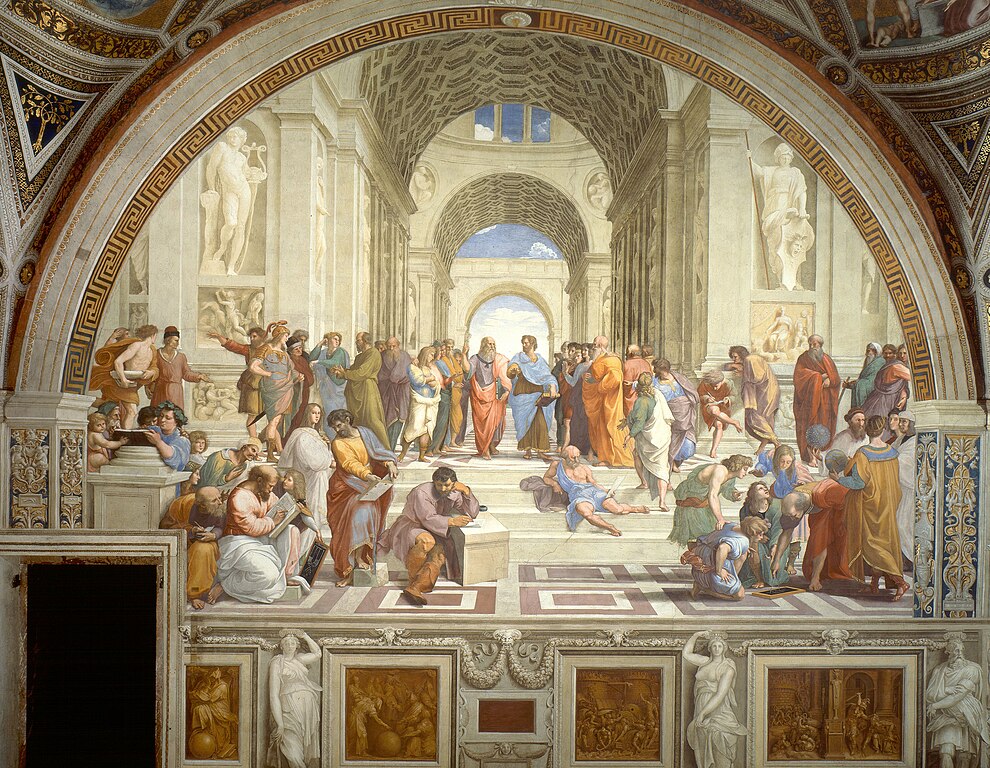Sensualism has a rich history. Its impact on various aspects of human life is profound. Essentially, it emphasizes the importance of sensory experience in understanding and engaging with the world. This post explores the meaning, spirit, and development of sensualism.
Basically, sensualism suggests our senses are the primary source of knowledge and understanding. Our perception comes from sensual experiences. Embracing and honoring these sensory experiences, invites more meaningful engagement with our world.
So, we see the spirit of sensualism is a deep appreciation for the richness of sensory encounters. And it is an understanding that these experiences shape our reality. By embracing the sensual aspects of life, we foster deeper connection between ourselves, others, and our environment. Sensualists go beyond the surface and explore the textures, tastes, and aromas that surround us to heighten awareness.
A brief history of sensualism
To begin, sensualism stretches back to ancient civilizations. Thinkers Epicurus and Democritus in Greece, and Lucretius in Rome, championed the idea that pleasure and avoiding pain are the ultimate goals of life. Further, they believed that indulging sensory pleasures and cultivating tranquility were fundamental to fulfillment and contentment.
Later, sensualism experienced a resurgence in the 17th and 18th century European Enlightenment. Philosophers like John Locke, David Hume, and Étienne Bonnot de Condillac challenged prevailing notions that reason and intellect were the source of knowledge. Instead, they argued that sensory experiences are critical in shaping understanding of the world.

Portrait of John Locke (1632–1704). Godfrey Kneller, 1697.

John Locke emphasized knowledge being based on sensory experiences. He described this as “external objects impinging on our senses.” Further, Locke argued that these experiences form the foundation of our understanding. He argued that sensory experience shapes our concepts and ideas.
Later, David Hume would further develop the philosophy of sensualism. Hume asserted that knowledge is constructed through impressions and ideas which originate from our sensory experiences. Hume questioned the reliability of reason. Instead, he argued that our senses provide the most immediate and reliable access to reality.
Sensualism in the modern times
Now, we see sensualism continuing to influence various domains like art, music, literature, and the culinary world. Today’s artists and writers often seek to evoke sensory experiences through their work. Uses of vivid imagery, descriptive language, and immersive storytelling transport us into new realms.
Additionally, in the culinary arts, sensualism is evident in the appreciation of flavors, textures, and aromas. Chefs create dishes to tantalize our taste buds. Gastronomy, offers multi-sensory experiences that celebrate the pleasure of eating beyond simple nurishment.
Overall, sensualism reminds us of the profound impact our senses have on our understanding and appreciation of the world. Further, by embracing our sensory experiences and cultivating a heightened awareness of our surroundings, we can tap deeper connections between ourselves, others, and our environment.
So, take a moment to savor the flavors of life. Open your senses fully and truly engage with the sensory feast that our world offers.

Be First to Comment